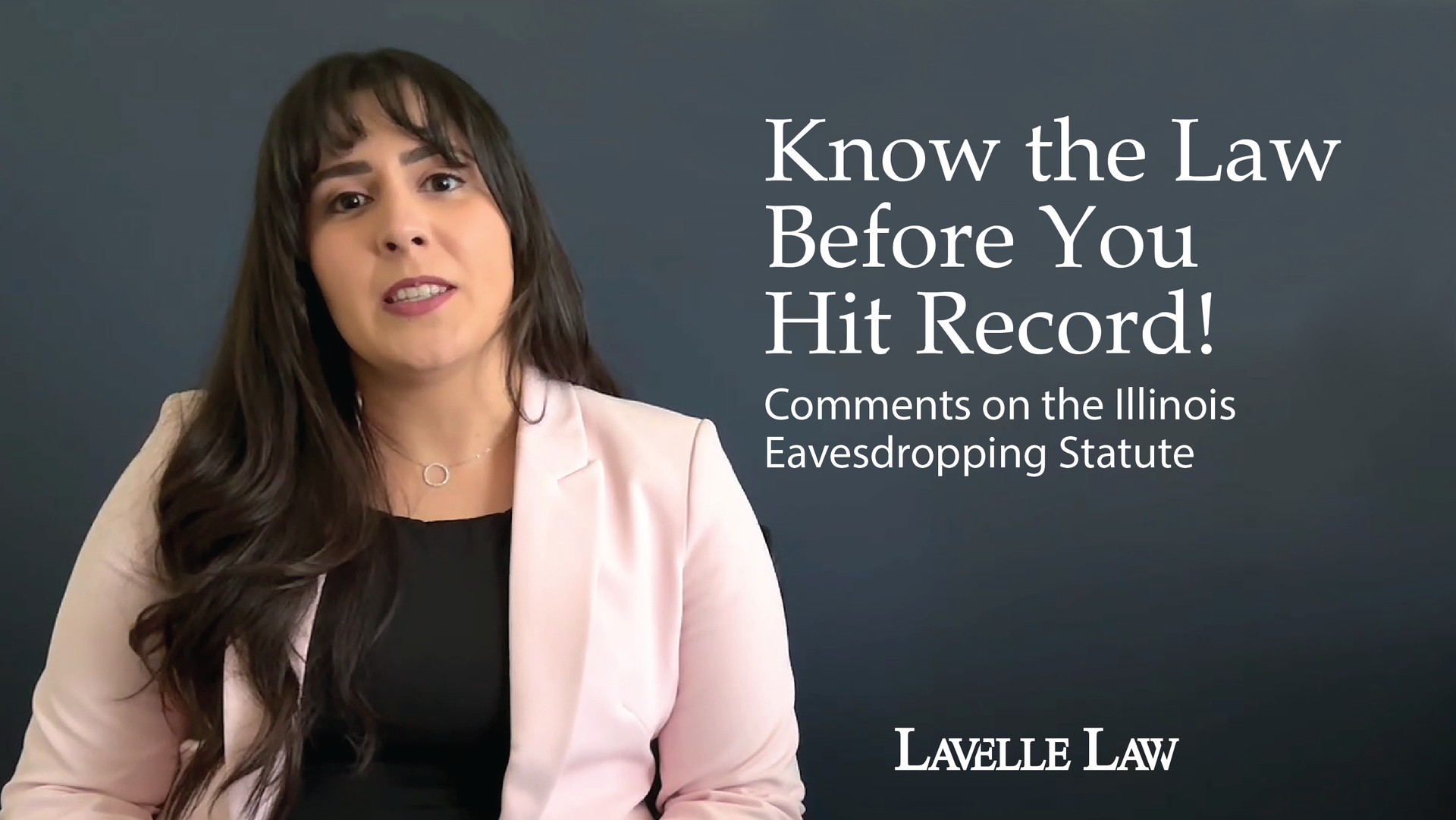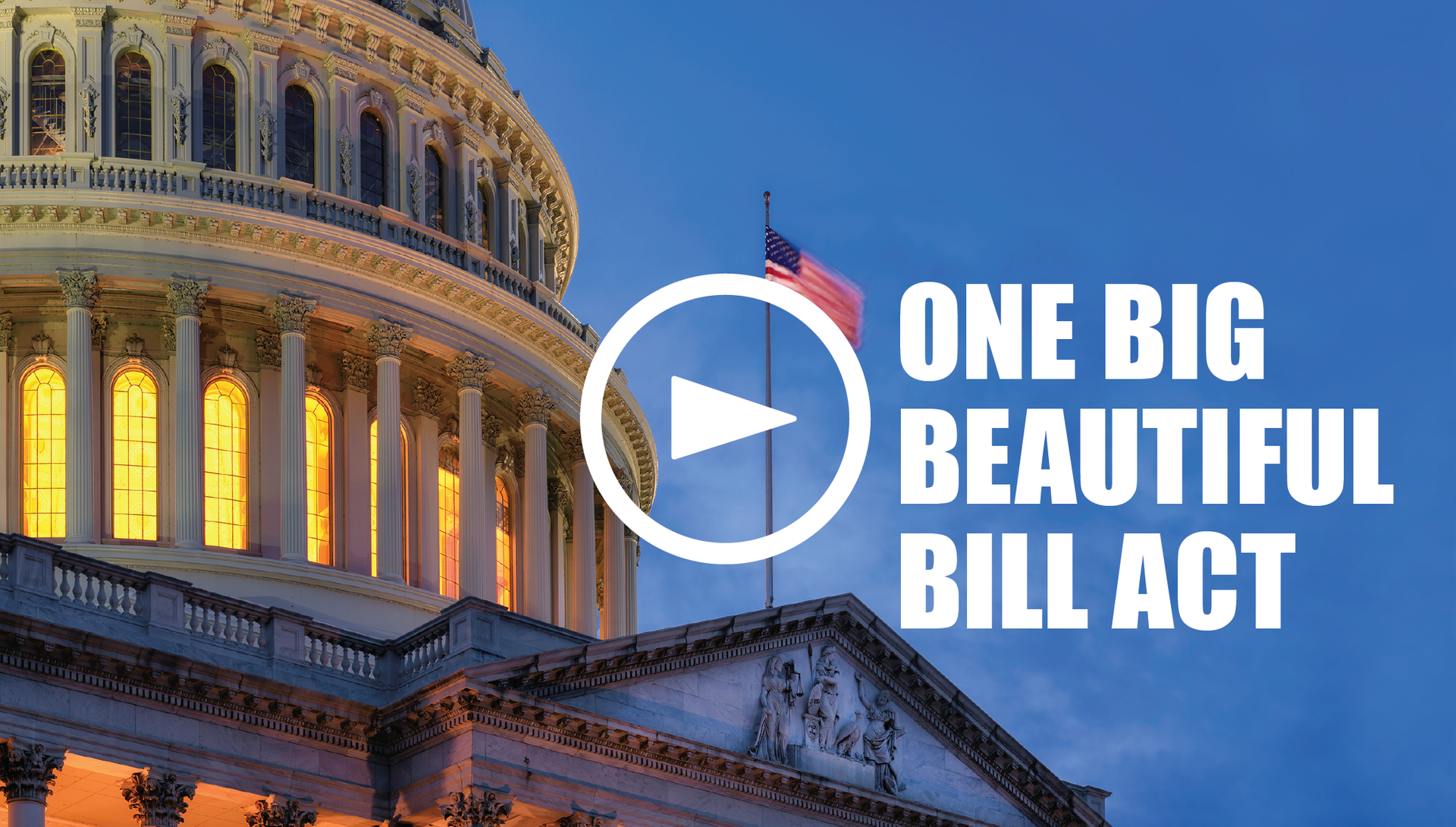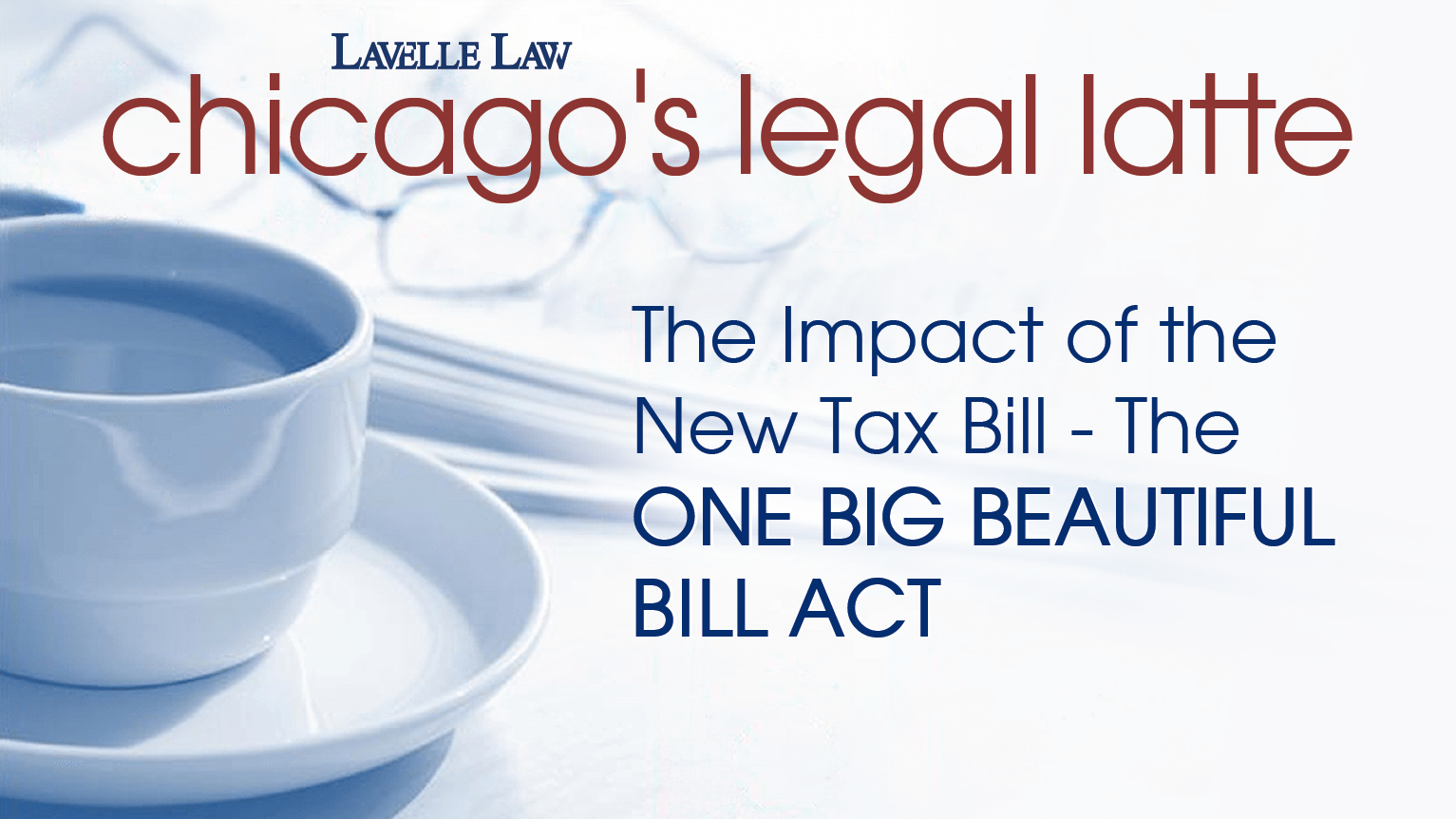Avoiding Taxes with Estate Planning
nat rosasco • July 20, 2020
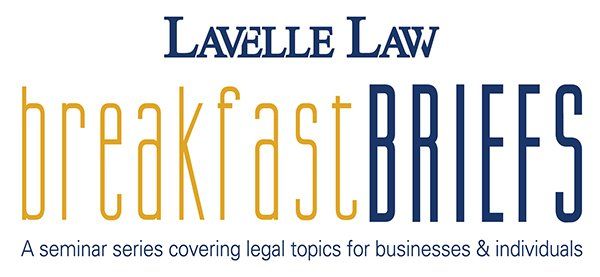
July 29, 2020
8:30 AM - 9:30 AM
A webinar
No one wants to pay taxes when they can be avoided. That is especially true with estate, gift, and inheritance taxes. Illinois is (unfortunately, but not surprisingly) one of the states that has its own level of estate tax, in addition to the taxes assessed at the federal level. But rest assured, there are strategies (some very simple) that can be instituted to avoid tax. The estate planning attorneys at Lavelle Law will explain various methods to mitigate these taxes, including gifting strategies, irrevocable trusts, insurance planning, and other options that will help ease the burden for your family. Be sure to join our webinar, as attorneys Walser, Warens, and Gardner will outline the steps to take now to ensure the assets you leave to your loved ones are protected from unnecessary taxes.
This is a FREE presentation, but registration via zoom is required.
There will be live, interactive Q&A during the webinar. In addition, if you would like to submit questions ahead of time, email us at webinar@lavellelaw.com
Register via zoom:
More News & Resources
Lavelle Law News and Events

Summer Special! - Now through 10-1-25, Lavelle Law is offering a special discounted rate on powers of attorney for college-bound students and young adults. Don't send your child to college without POA docs in place! Contact Attorney Luthringshausen to start the process. jluthringshausen@lavellelaw.com or 847-705-7555
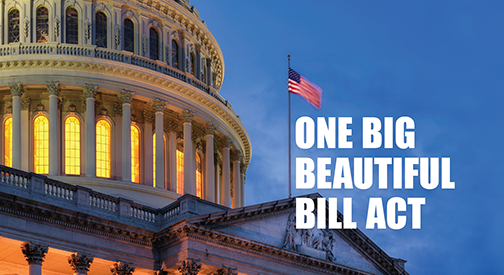
The One Big Beautiful Bill Act (OBBBA), enacted on July 4, 2025, as Pub. L. No. 119-21, permanently extends and modifies key provisions from the 2017 Tax Cuts and Jobs Act (TCJA) while introducing new tax benefits and limitations. The law affects individuals, seniors, children, businesses, and charitable organizations.
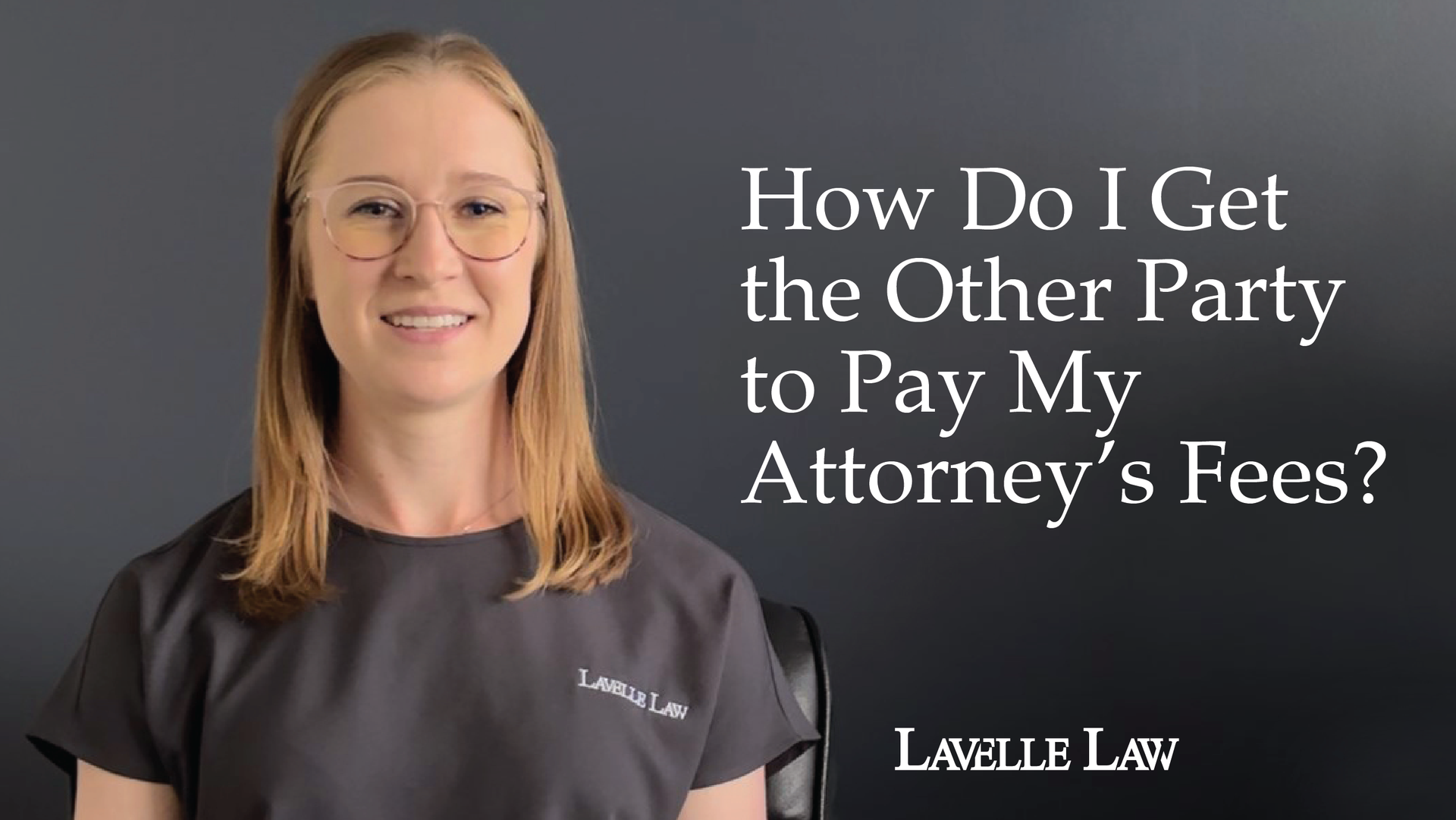
In the United States, the "American Rule" generally requires each party in a legal dispute to cover their own attorney's fees, regardless of the case's outcome. However, exceptions exist where a judge may order one party to pay the other's attorney’s fees in specific circumstances. Sarah Reusché explains.

In commercial leases, particularly those involving retail or office spaces, tenants typically pay not only base rent but also a share of additional operating expenses. These include Common Area Maintenance (CAM) charges, property taxes, and insurance premiums. The reconciliation of these expenses is a key process.

Beginning July 1, Illinois residents will face a series of tax increases related to the Fiscal Year 2026 budget, which takes effect from July 1, 2025, to June 30, 2026. These increases are from the $55+B state budget that is supposed to generate $700+M of new taxes ranging from gasoline, short-term rentals, and more.



